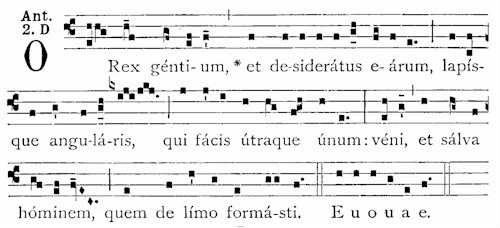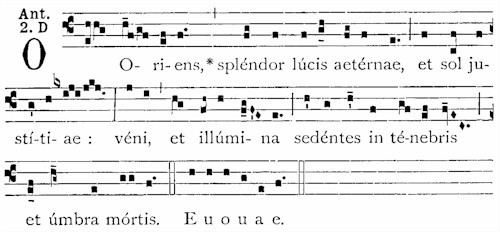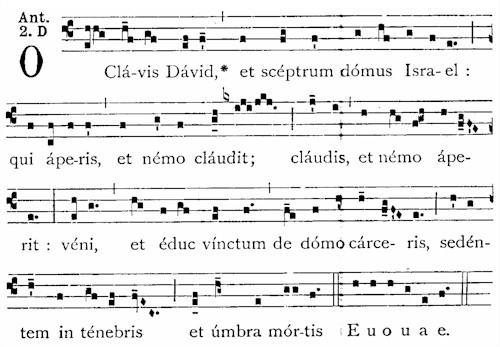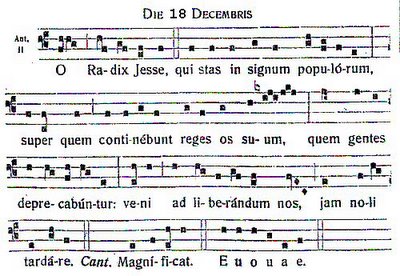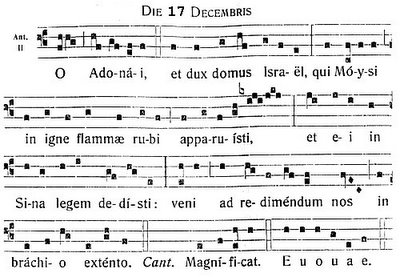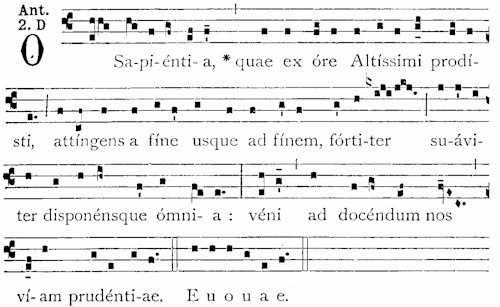Monday, December 11, 2017
On the McNichols Campus, final exams set the tone of things this week. For more than 1000 years, universities gear up for this time when students bring their A-game and their faculties do as well. Both groups try to get exams right because their efforts go on the public record, a credible statement that “this student has learned how to think at a new level of competence.”
Makes me proud to be here.
In honor of students working to find their voices and their teachers keeping watch and hoping for their success.
Richard Wilbur’s 1921 poem reminds me during exam time to pay attention. Here’s a post from last October—outloud with pauses
Have a blest week.
john sj
ps Our first snow; not a lot, but thrilling to some of us even so. Have a blest week.
Today’s Post: Oct 10 – “The Writer” — Richard Wilbur 1921
Posted on October 10, 2016
Monday, October 10, “young as she is, the stuff
Of her life is a great cargo, and some of it heavy”
Fall Break on our campus, which means that administrative people come to work but students and faculty can sleep in — the mid-October Fall Break. Often, the greater your distance in time or space from the work of teaching and research (student research & faculty research and student-faculty research), particularly if you’ve just read another dis-spiriting account of immature student behavior, plus a report on the high cost of higher education, the more likely you might be to mumble some at a 4 day weekend when most of the world is working this Monday morning.
As I ruminated about a poem for this particular Monday, I thought of sheer beauty & brilliant colors; Hopkins’ “Hurrahing in the Harvest” came to mind. Hopkins announces autumn to me each year, but it can wait a week or two until the season has matured some more. But then I remembered why I am thrilled that our McNichols campus, for the second year, now offers this 4 day weekend for students and faculty. I love it partly because October shows more awe within its beauty than any of the seasons (for me. not a universal I know). But mostly because, here on our northwest Detroit campus, this 2 day break honors the fatigue of teaching and learning. The ruminations led me to Richard Wilbur’s unforgettable poem about a parent paying attention to his daughter’s sheer daring, as she writes her way toward an adulthood where strong winds will blow and sometimes even floods . . . writes her way into lifelong courage.
So I’m posting it again, an homage to the quotidian courage of students and their demanding, hopeful, attentive teachers.
Not the peak of autumn yet; most of the leaves outside my window are late-summer, worn-down greens. But there are already traces of frost to promise waves of brilliance on their way. Yes, please read “The Writer” out loud, with pauses.
Note: Wilbur wrote this in 1921, 2 years into the rolling shock waves at the horrors of chemical warfare twisting the faces and limbs of maimed soldiers returning from Europe and, way too often, not finding jobs waiting to honor their broken bodies: a half-decade of fear and rage, of contempt for most immigrants, and for fellow citizens with whom one differed. A year not unlike the years in which we live now. I love it that this poet recognized, in that precise moment of history, the wonder of young human beings risking so much to launch into their futures.
Have a blest day,
john sj
“The Writer” Richard Wilbur
In her room at the prow of the house
Where light breaks, and the windows are tossed with linden,
My daughter is writing a story.
I pause in the stairwell, hearing
From her shut door a commotion of typewriter-keys
Like a chain hauled over a gunwale.
Young as she is, the stuff
Of her life is a great cargo, and some of it heavy:
I wish her a lucky passage.
But now it is she who pauses,
As if to reject my thought and its easy figure.
A stillness greatens, in which
The whole house seems to be thinking,
And then she is at it again with a bunched clamor
Of strokes, and again is silent.
I remember the dazed starling
Which was trapped in that very room, two years ago;
How we stole in, lifted a sash
And retreated, not to affright it;
And how for a helpless hour, through the crack of the door,
We watched the sleek, wild, dark
And iridescent creature
Batter against the brilliance, drop like a glove
To the hard floor, or the desk-top,
And wait then, humped and bloody,
For the wits to try it again; and how our spirits
Rose when, suddenly sure,
It lifted off from a chair-back,
Beating a smooth course for the right window
And clearing the sill of the world.
It is always a matter, my darling,
Of life or death, as I had forgotten. I wish
What I wished you before, but harder.
Richard Wilbur March 1, 1921 –
About Wilbur’s poems, one reviewer for The Washington Post said, “Throughout his career Wilbur has shown, within the compass of his classicism, enviable variety. His poems describe fountains and fire trucks, grasshoppers and toads, European cities and country pleasures. All of them are easy to read, while being suffused with an astonishing verbal music and a compacted thoughtfulness that invite sustained reflection.” {poets.org}

